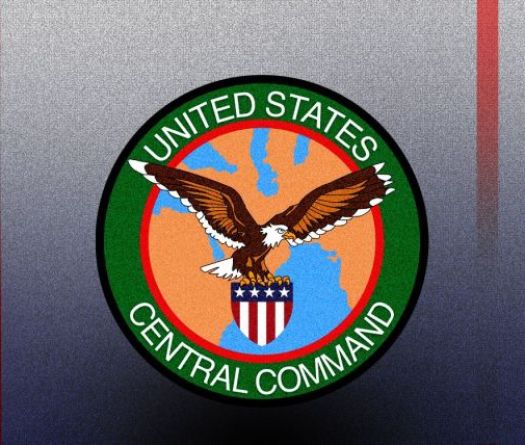
- 19:04 Some 60 French-owned or -flagged commercial ships blocked in Gulf: shipping organisations to AFP
- 18:56 NATO says adjusting forces to counter 'potential threats' after Iran strikes
- 18:50 Iran insists 'no limit' to right to self-defense: minister
- 18:47 At least 7 dead at Iran protest in Pakistan's northern city of Gilgit: official
- 18:46 New explosions heard in Iraq's Erbil: AFP
- 18:17 Israel army says mobilising nearly 100,000 reservists for Iran operation
- 18:10 Trump says 'will be talking' to Iranian leaders: report
- 17:50 Texas bar shooting may be 'act of terrorism': FBI
- 17:48 Mediator Oman's FM urges ceasefire on call with Iran's Araghchi: statement
- 17:38 Trump says 48 Iranian 'leaders' killed in US attack: Fox News


Israel Warns Hezbollah of “Severe Blow” as Group Condemns U.S.-Israeli Strikes on Iran
This is Beirut 28/02 17:50

Lebanese Authorities Warn Hezbollah Over Escalation Risks as Regional War Rages
This is Beirut 28/02 14:10

Israeli Airstrikes Target Southern Lebanon Amid Escalation with Iran
This is Beirut 28/02 11:10

Israel Deploys 91st Division to Lebanon Border as Lebanese Leadership Warns Against “Adventures”
This is Beirut 28/02 10:15
See all


Iran State TV Says Oil Tanker Struck in Strait of Hormuz
This is Beirut 14:10


Israel Says Half of Iran’s Missile Arsenal Destroyed
This is Beirut 12:45

Iran Targets Cyprus After Khamenei’s Killing
This is Beirut 12:10

































